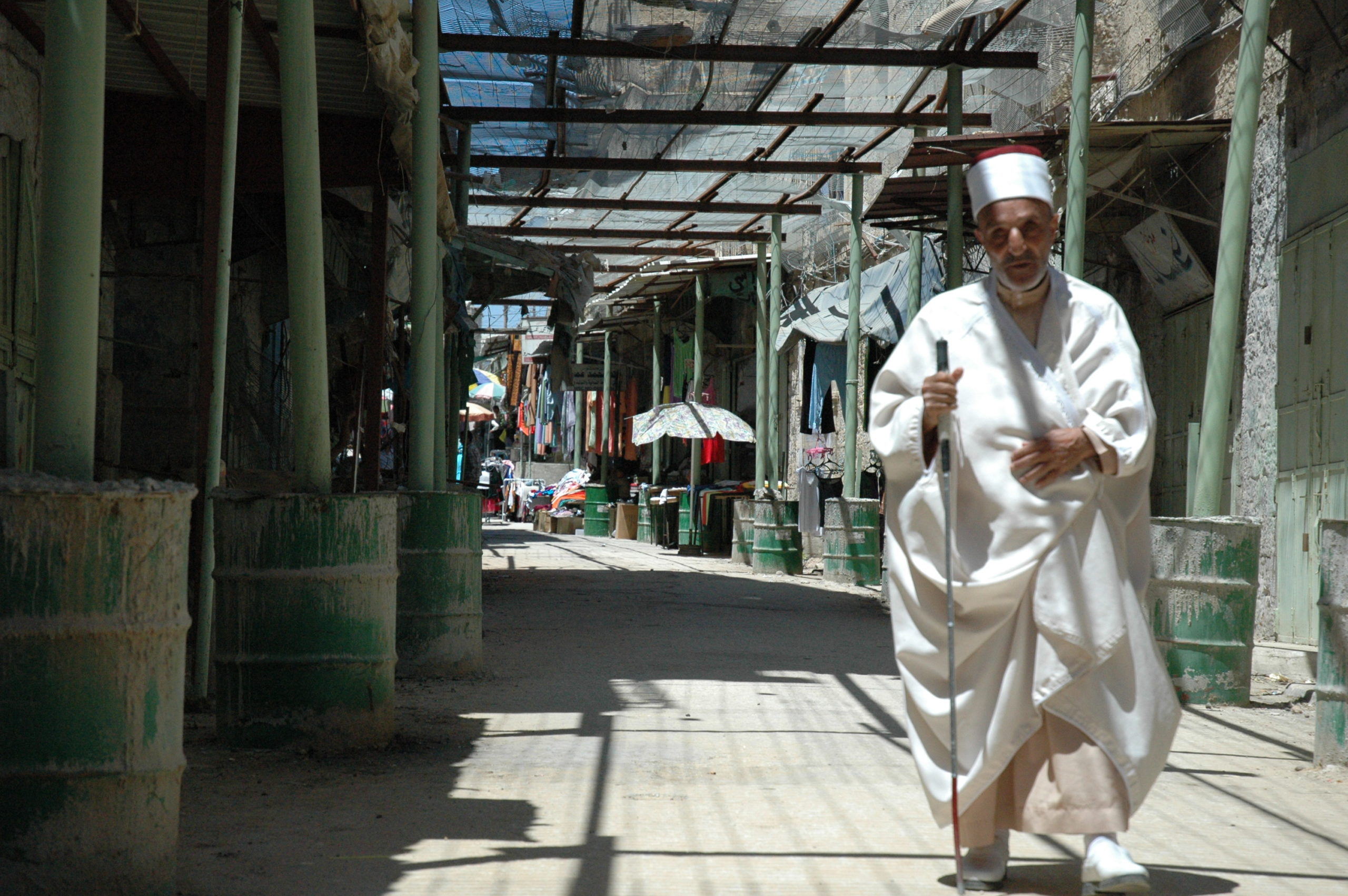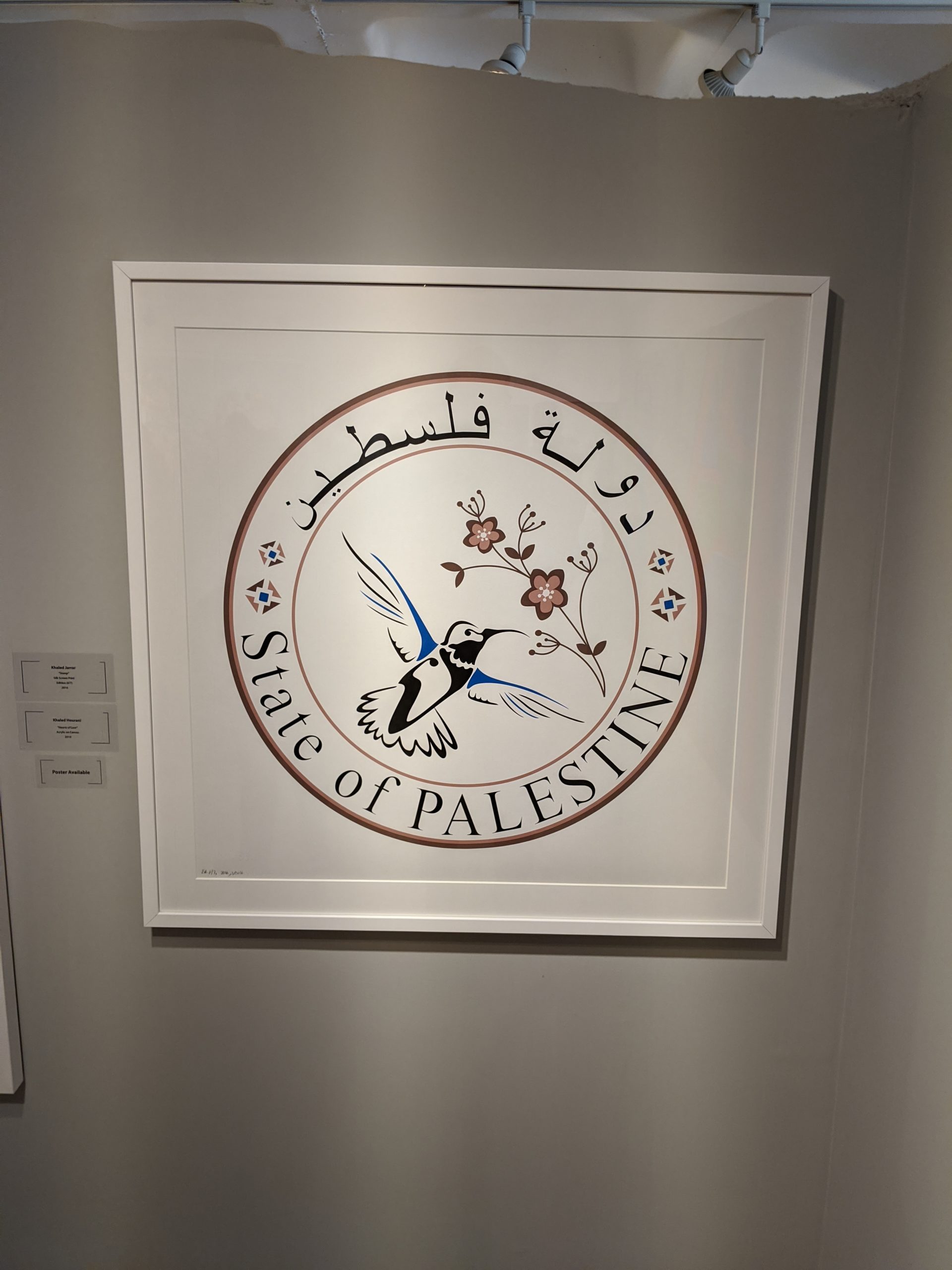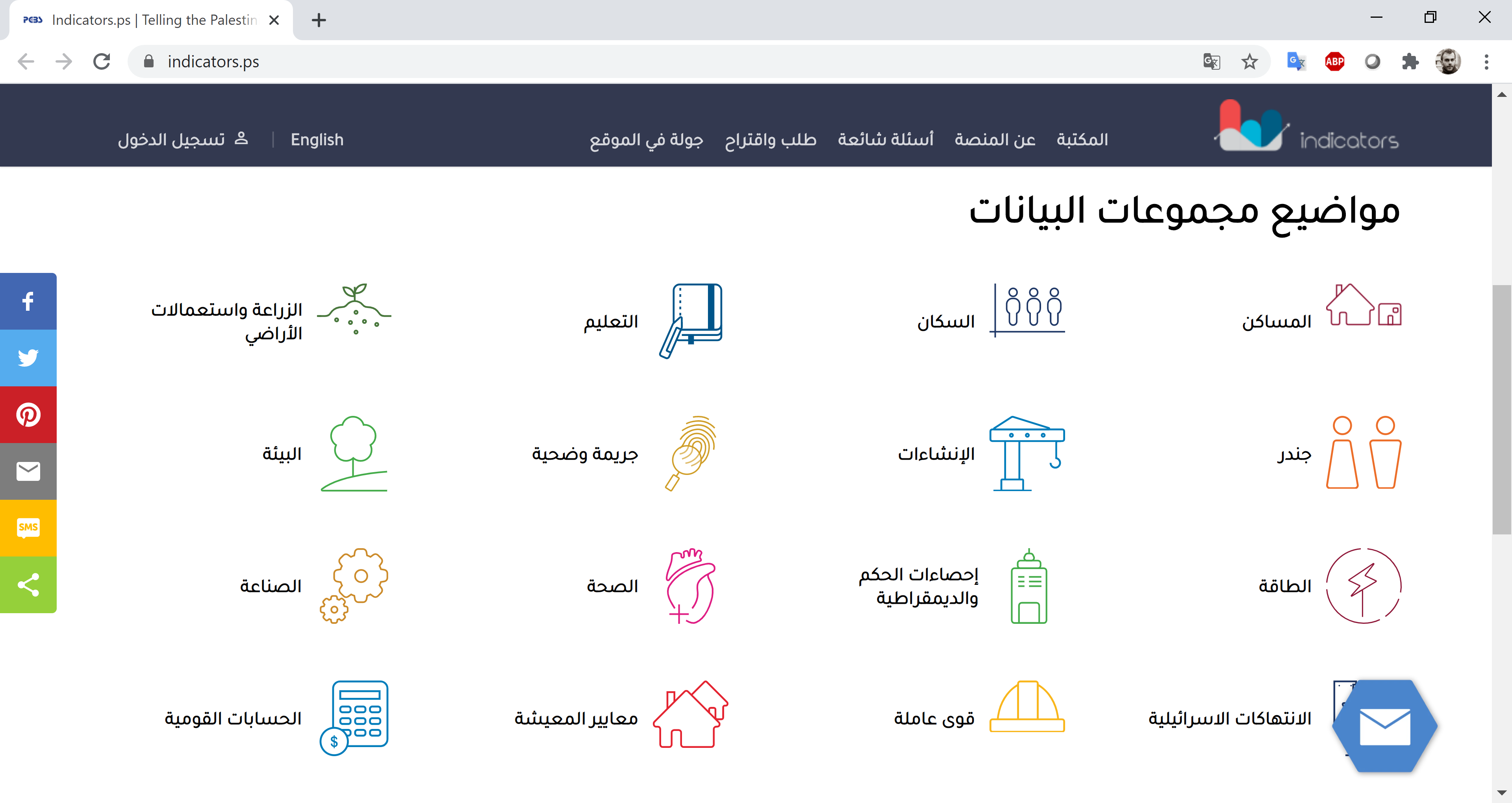
By Roberto Roccu, 2019 CBRL Visiting Research Fellow and Senior Lecturer at King’s College London
For the past decade I have been researching neoliberal reforms in Egypt, and how they created some of the preconditions for the 2011 uprisings, especially in the form of runaway real and perceived inequalities. In my new project, I am examining similar dynamics comparatively, through an exploration of how integration in global markets has exacerbated patterns of dualisation between and within Arab-majority states. When speaking of dualisation I am referring to a dramatic divergence between highly integrated and ‘globalised’ sectors and firms on the one hand and the majority of economic activity geared towards serving local needs under conditions of strong import-competition on the other. My work builds on the recent literature on the centrality of transnational entanglements to the constitution and transformation of the political economy of the region, perhaps best exemplified by Adam Hanieh’s award-winning Money, Markets, and Monarchies (see a book launch event here).

Some may wonder what Palestine has got to do with this, if my focus is on ‘states’. To understand this, I need to outline the two levels of the project. Through the first, I aim to capture the structuring influence of the two latest waves of ‘integrating’ the region in the world economy, first in the colonial and more recently in the neoliberal era. I refrain from referring to them as the two ‘globalisations’, as common in economic history literature, as this neglects how much earlier the Indian Ocean had provided a vector of transregional integration for most of the Arab world. Most recently, this has been documented for instance by Fahad Bishara (2017) and Johan Mathew (2016), while contemporary reverberations of these oceanic links have arrestingly been explored by Laleh Khalili in Sinews of War and Trade (project website here). The second dimension of the project examines how economic reforms in the latest wave of integration have affected different segments of the middle class, and most notably small and medium enterprises.
Within this context, while the Palestinian National Authority (PNA) falls short of Westphalian statehood given the absence of a monopoly on the use of legitimate violence, its inclusion in the project is not only helpful but essential for both theory and praxis. To begin with, if the project examines continuities and differences between colonial and neoliberal integration, is there a better place in the region to start from than the one that suffers from (settler) colonial subordination today? This is also where constraints to economic policymaking are stronger, placing the West Bank and the Gaza Strip at the sharp edge of neoliberal transformation as subordinate integration, and contributing to the well-documented pattern of de-development, also acknowledged by the UN (most recently in 2017).
Two further reasons for including Palestine have become much clearer since spending time in East Jerusalem and the West Bank in December 2019, as a CBRL Visiting Research Fellow at the Kenyon Institute. As I went through the Institute’s library to learn more about the economic history of Palestine, peculiarities of processes of Palestinian class formation crystallised in my mind, for instance with reference to the historical importance of merchant capital. This contrasts with Whig histories that present pre-occupation Palestine as a land of notables and peasants, still fundamentally mired in feudal social relations. Indigenous Palestinian capital was alive and kicking well before the Nakba, as masterfully examined by Sherene Seikaly in Men of Capital (interview on the book here), and it included a vibrant fabric of small and medium enterprises, especially in cities such as Hebron, Nablus, and Gaza. It thus makes sense for the project to include the study of how the structural condition of settler colonialism on the one hand and post-Oslo neoliberal restructuring on the other have affected this section of Palestinian society, and what this entails for the prospects of economic, political, and social transformation.
During my time at CBRL, thanks to the guidance of their staff and conversations with local researchers, I have also become more acquainted with the economic data available on the West Bank and the Gaza Strip. Its breadth and depth are virtually unmatched in the Arab region. In this regard, the control and surveillance practices of population count and spatial monitoring identified by Elia Zureik (2001) have over time been complemented by a drive towards economic calculability promoted by the international donor community and implemented by the PNA. While undoubtedly shaped by an attempt to make ‘economic life […] conditional on Israeli security considerations’ (Farsakh 2008: 53), these data also open horizons that are not only comparative but also emancipatory.

Here, approaching Israel/Palestine comparatively creates much-needed space for de-exceptionalising its political economy of settler colonial occupation. Bhandar and Ziadah (2016) have for instance argued persuasively in favour of comparing different settler colonial regimes as a way of busting open ‘the exceptionalism of Israel as the only “unfinished” settler colonial project’. Through comparison with post/neo-colonial contexts, this project seeks to highlight the specificities as well as the multiple determinants of its political economy. Far from erasing the centrality of settler colonialism in shaping the political economy of Palestine, such an approach would aim to articulate its structural and enduring relevance in relation to the transformations that neoliberal reforms have generated in the Palestinian economy and society.
If, for instance, neoliberal reforms have produced economic and social dualisation not only in the West Bank and Gaza but also in, say, Egypt and Tunisia, what does this tell us about the prospects for political transformation, and for regional and transregional solidarity? The two comparative elements of this project – historical and cross-country – will help us identify frictions and fissures within Palestinian society and in the region at large, while allowing us to glimpse into the interlacing of the political economy processes generating them. My hope is that this will shed some light on the prospects for transformative political agency and how they are intimately linked, whether in Ramallah, Cairo, or Tunis.
Roberto Roccu is a Senior Lecturer in International Political Economy at King’s College London. Roberto’s research primarily focuses on the (global) political economy of neoliberal restructuring in the Middle East and North Africa, and on the reverberations of such restructuring on both the regional economic order and the prospects for political transformation in the region.
The views expressed by our authors on the CBRL blog are not necessarily endorsed by CBRL, but are commended as contributing to public debate.














